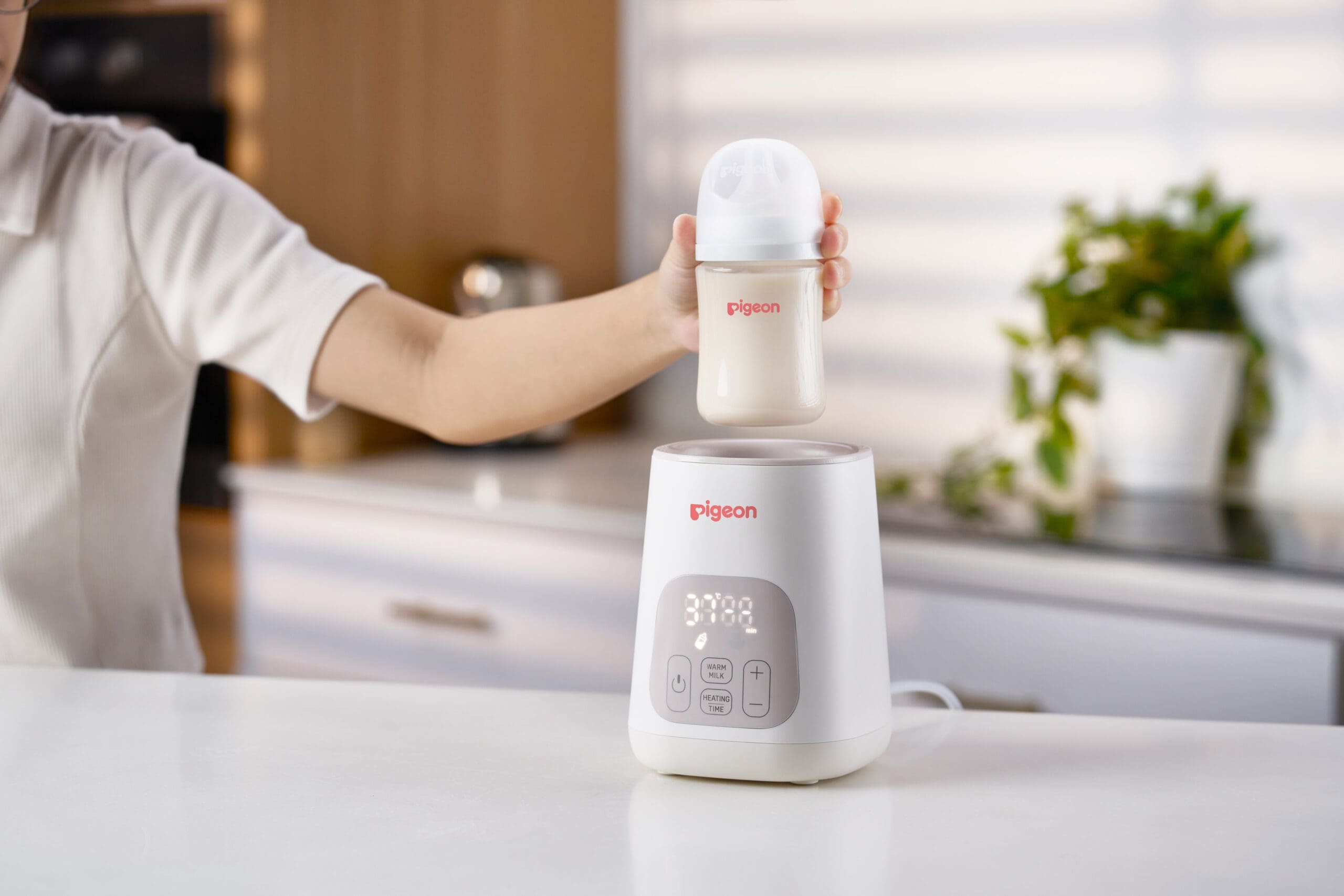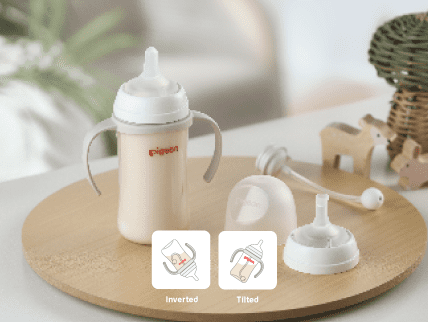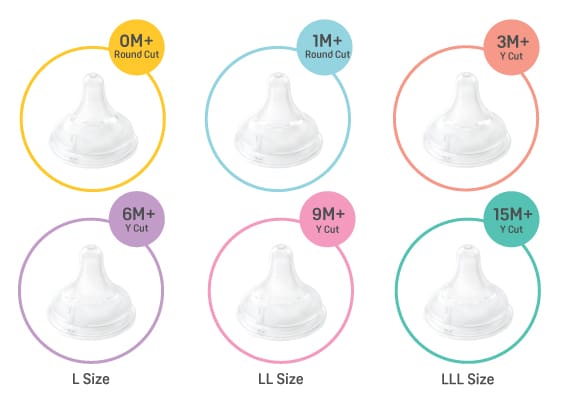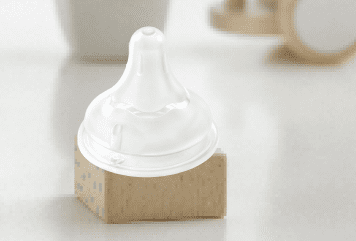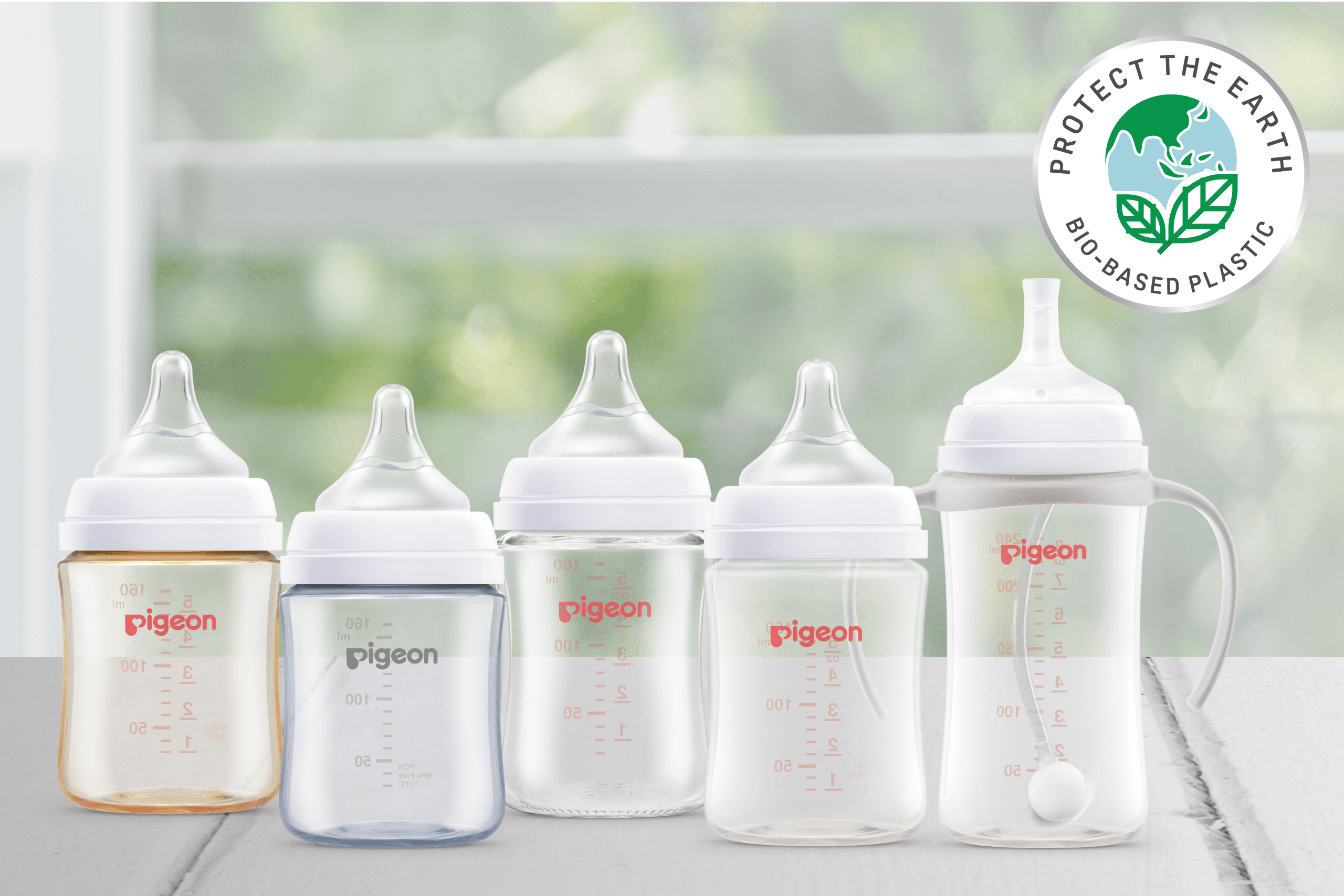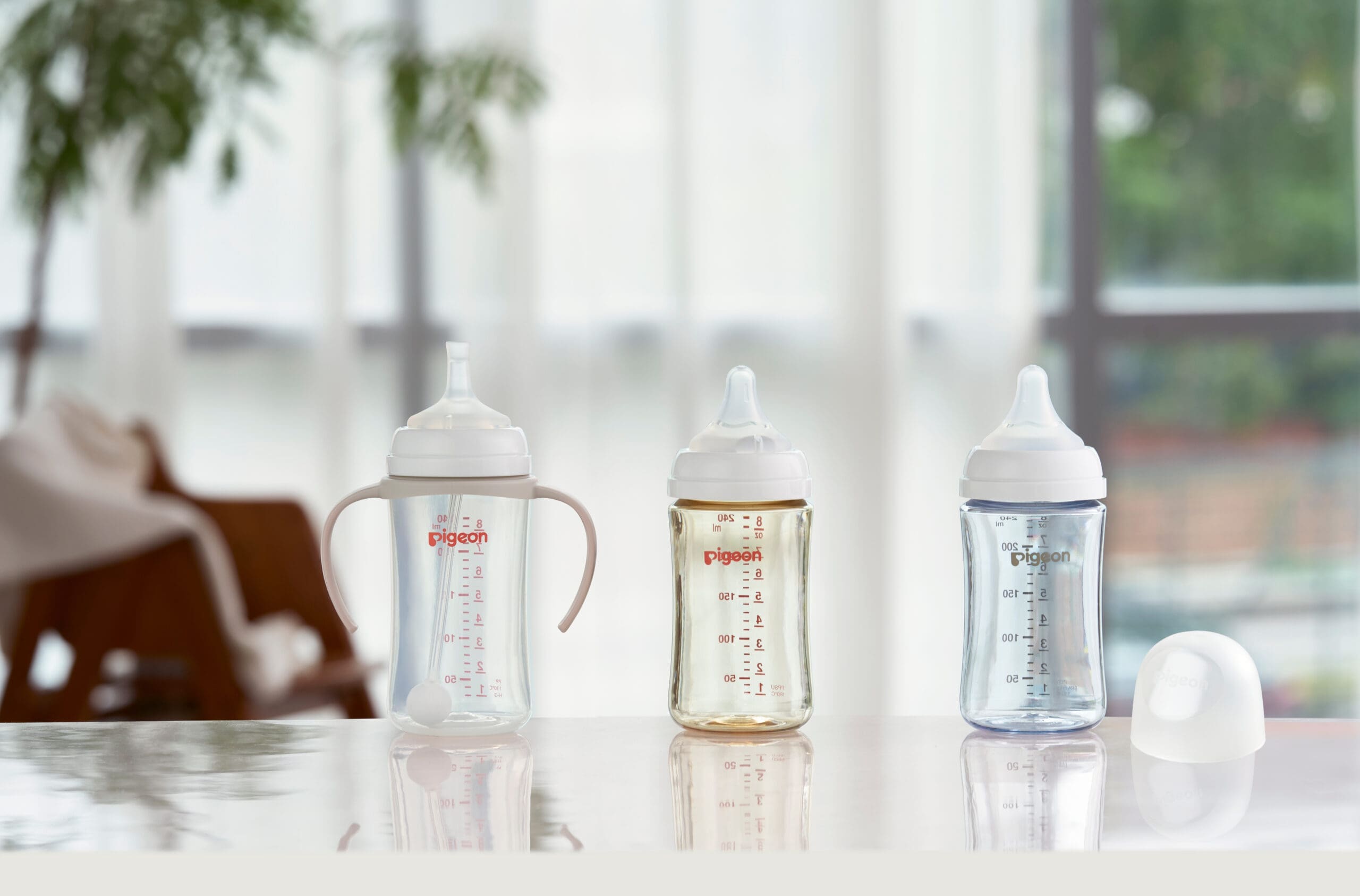Baby’s First Week: What It’s Really Like To Care For A Newborn
Think you’re ready for motherhood? While you may be eager to bring your little bundle of joy home, the first couple of days with a newborn can be rather challenging. Here’s what you can expect during the first week as a new mum.
#1 Breastfeeding isn’t as easy as you think
Nursing may be tough at first, but you’ll get the hang of it. For now, focus on getting the baby to latch on correctly – chin up, lips out, and jaw moving in a rhythmic motion as they suck and swallow. Although you may experience some tingling for the first week or two, the nursing session shouldn’t hurt — otherwise, it’s a sign that your baby may not be latched on properly. You may also want to consider getting a lactation consultant to show you the different ways of latching and offer you advice on nipple care.
If you’re going to feed regularly, nursing supplies such as nursing pads to catch leaks, and a breast pump to relieve engorgement and stimulate milk flow, will make your nursing experience a lot more manageable. For days when you need to bottle nurse, make sure to find a nursing bottle that’s suitable for babies who also breastfeed so it still feels like the real deal. Peristaltic nipples also help to create an authentic breastfeeding experience by facilitating the natural tongue movement of the baby – a must-have for new mums.
#2 Sleep when your baby sleeps
Although their sleeping patterns may vary, most babies snooze for an average of 16 to 18 hours a day – but it usually happens in small, irregular chunks. And yes, it’s normal for them to wake up to feed and then go straight back to sleep. One pro mum tip is to sleep whenever your little one sleeps so you can clock in some much-needed zzzs, too.
But if you’re not one for spontaneous naps, alternate shifts with your partner so both of you can take turns to get ample rest. This applies to not just feedings, but also other not-so-fun nighttime shenanigans such as diaper changes, burping and swaddling.
#3 Never leave them to cry
You may be frustrated by your baby’s constant wails, but understand that crying is their only method of communication. Perhaps they are hungry or maybe they require a nappy change, but there may be times when they simply want a cuddle. To calm them down from a crying fit, one effective way is through swaddling – this helps to recreate the cosy confines of the womb, therefore inducing a calming reflex that keeps your little burrito warm, snug and relaxed. Simple acts such as holding, swaying and letting them suck on your finger can also help to soothe their distresses.
#4 Change diapers regularly
Not to scare you, but you may have to go through several rounds of dirty diapers every day. But that’s actually a good thing as it’s an indication that your baby is eating enough, and isn’t dehydrated or constipated.
A newborn’s first poop will start with meconium, which is a black tar-like substance that passes through in the first few days after birth. By day four, the bowel movements will turn into a green-yellow stool of a lighter, runnier consistency. After this, they may be pooping at least three times a day, so don’t slack off on the diaper duties. Don’t forget to keep your baby’s bottom clean and free of nappy rash with antibacterial wipes!
#5 Remember to care for yourself
Between the nursing woes, lack of sleep and plummeting hormones, you hardly have the time to stay sane. Your body is still in a state of recovery from labour, so it’s important to allow yourself time to heal postpartum and not overexert yourself. If you’re still feeling sore after childbirth, taking a hot bath is amazing at easing the pain.
Meanwhile, get a family member to take care of you and let daddy do most of the work for the time being. It’s perfectly OK to let everything else go for a while – take the time to go outside, have a walk and soak in the sun. Trust us, you’ll feel way more energised and ready to tackle the next phase of parenthood after this!
